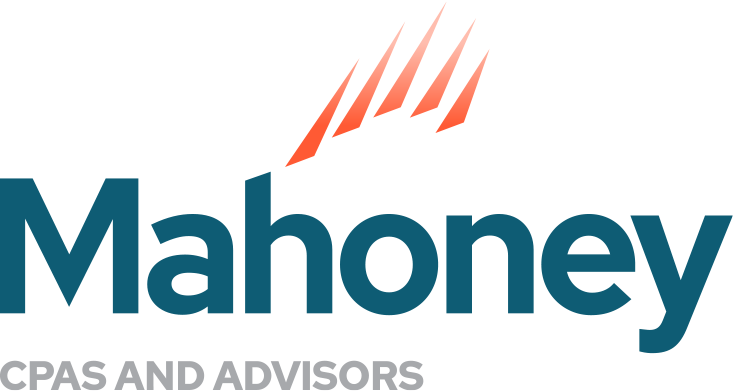
Nonprofit Financial Statements: Best Practices
Nonprofit Financial Statement Best Practices
The first statement in a set of financial statements is the Statement of Financial Position. To be presented in accordance with GAAP, the Statement of Financial Position must include:
- Total assets
- Total liabilities
- Total net assets
- Total net assets without donor restrictions
- Total net assets with donor restrictions
The only other requirements under GAAP include grouping assets and liabilities into reasonably homogeneous groups and presenting assets and liabilities in order of liquidity. Reasonably homogenous means you cannot present one line entitled “assets.” It must separate between types of assets like cash, receivables, property and equipment, etc.
Instead of presenting a single line entitled “cash and cash equivalents” on the Statement of Financial Position, the nonprofit could present multiple lines like:
- Cash and cash equivalents $ 85,000
- Cash – operating reserve $ 50,000
- Cash – restricted for programs $120,000

By reading the above, the user obtains a better understanding of the nonprofit’s cash position and purpose than if all cash were presented on one line. This thought process can be applied to all asset, liability, and net asset balances.
The Statement of Activities is the statement that shows the performance of the nonprofit during the period being reported on. To be presented in accordance with GAAP, the Statement of Activities must include:
- Change in net assets
- Change in net assets without donor restrictions
- Change in net assets with donor restriction
As with the Statement of Financial Position, this statement allows for a lot of flexibility to tell one’s story. Instead of one line showing “Contributions” you could present multiple lines like “Contributions – individuals, Contributions – corporate, and Contributions – foundations.”
Additional Reading: The Basics of Non-Profit Financial Statements
ADDRESS
10 River Park Plaza, Suite 800
Saint Paul, MN 55107
(651) 227.6695
Fax: (651) 227.9796
info@mahoneycpa.com
© 2024 Mahoney | Privacy Policy
Mahoney Ulbrich Christiansen & Russ, PA



